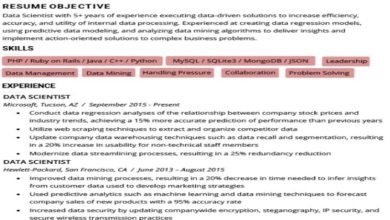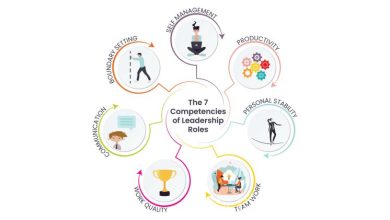Mastering the Art of Time and Work Questions: Unveiling Shortcuts and Logic
In the competitive world of examinations, the Time and Work section is a challenging yet crucial aspect that demands both speed and accuracy. Candidates often face complex calculations and intricate problem-solving scenarios. A deep understanding of the shortcuts and logic behind time and work questions is imperative to navigate these effectively. This article explores the importance of mastering these skills and provides insights on how beginners can prepare effectively for success.
The Crucial Significance of Shortcuts and Logic
Enhancing Efficiency in Calculations
Shortcuts in solving these problems are pivotal in enhancing calculation efficiency. The ability to swiftly determine the amount of work done by individuals or groups can significantly streamline the problem-solving process. Candidates with effective shortcuts save precious time in exams where every minute is critical.
Strategic Time Management in Exams
Competitive exams require candidates to balance accuracy with time management efficiently. Mastery of shortcuts in these questions enables swift problem-solving, freeing time for other sections. This is essential for optimising overall scores in time-restricted exams.
Simplifying Complex Problems
Often, these problems present intricate scenarios that can be unravelled using logical shortcuts. A clear understanding of these underlying principles allows candidates to break down complex problems into simpler, more manageable steps.
First-Timer’s Guide to Time and Work Preparation
Building a Strong Foundational Understanding
A solid grasp of fundamental concepts in Time and Work is essential for novices. Start by understanding basic principles, such as how individual and collective work rates contribute to solving problems.
Identifying Various Problem Types
Familiarise yourself with the different types of these questions. Recognising patterns and variations is crucial for applying the appropriate shortcut or logical strategy for faster resolution.
Memorising Key Formulas
While logical understanding is critical, memorising essential formulas related to Time and Work provides a quick reference during exams, aiding in swift calculations.
Applying Logical Strategies
Logical strategies involve comprehending the relationships between time, work, and rate. Beginners should focus on these relationships to cultivate a strategic approach to problem-solving.
Incorporating Regular Mock Tests
Regularly attempting mock tests is crucial. These tests emulate real exam conditions, allowing beginners to apply their knowledge of shortcuts and logic under time constraints, thereby enhancing their performance.
Deepening Understanding with Advanced Techniques
Exploring Variations in Work Scenarios
Beyond basic problems, exploring advanced scenarios like work with varying efficiency levels or breaks enhances understanding. This exposure prepares candidates for any curveballs in the exam.
Leveraging Examples from Real-Life Situations
Applying Time and Work concepts to real-life situations can deepen understanding and make learning more relatable and engaging. This approach helps in grasping more abstract concepts with ease.
The Role of Conceptual Clarity
Understanding the core concepts behind Time and Work problems is as important as knowing the shortcuts. A solid conceptual foundation allows candidates to adapt and solve unexpected question patterns efficiently.
Tackling Time and Work in Real Exam Scenarios
It’s essential to simulate real exam conditions while preparing. This includes timing oneself and involves strategising the order of attempting questions, which can greatly affect overall performance.
Advanced Problem-Solving Tactics
Candidates should also explore advanced problem-solving tactics like backwards-solving or elimination methods. These tactics often lead to quicker solutions, especially in complex problems.
Utilising Technology-aided Learning
Leveraging technology, such as educational apps and online platforms, can provide additional resources and practice opportunities. These tools often offer personalised learning experiences, which can be highly beneficial.
Stress Management and Mental Preparation
The psychological aspect of exam preparation is often overlooked. Handling stress and maintaining a positive mindset are critical, especially in high-pressure exams.
Conclusion
Mastering time and work questions in competitive exams transcends mere rote learning; it involves a strategic amalgamation of shortcuts, logic, and a deep understanding of core concepts. For first-timers, laying a strong foundation, coupled with regular practice, exposure to diverse problem sets, and mock test drills, are the keys to success. This journey prepares candidates for the specific challenges of these questions and equips them with valuable problem-solving skills that benefit their academic and professional lives. Embracing this comprehensive approach to mastering such questions is a definitive step towards excelling in competitive examinations.




